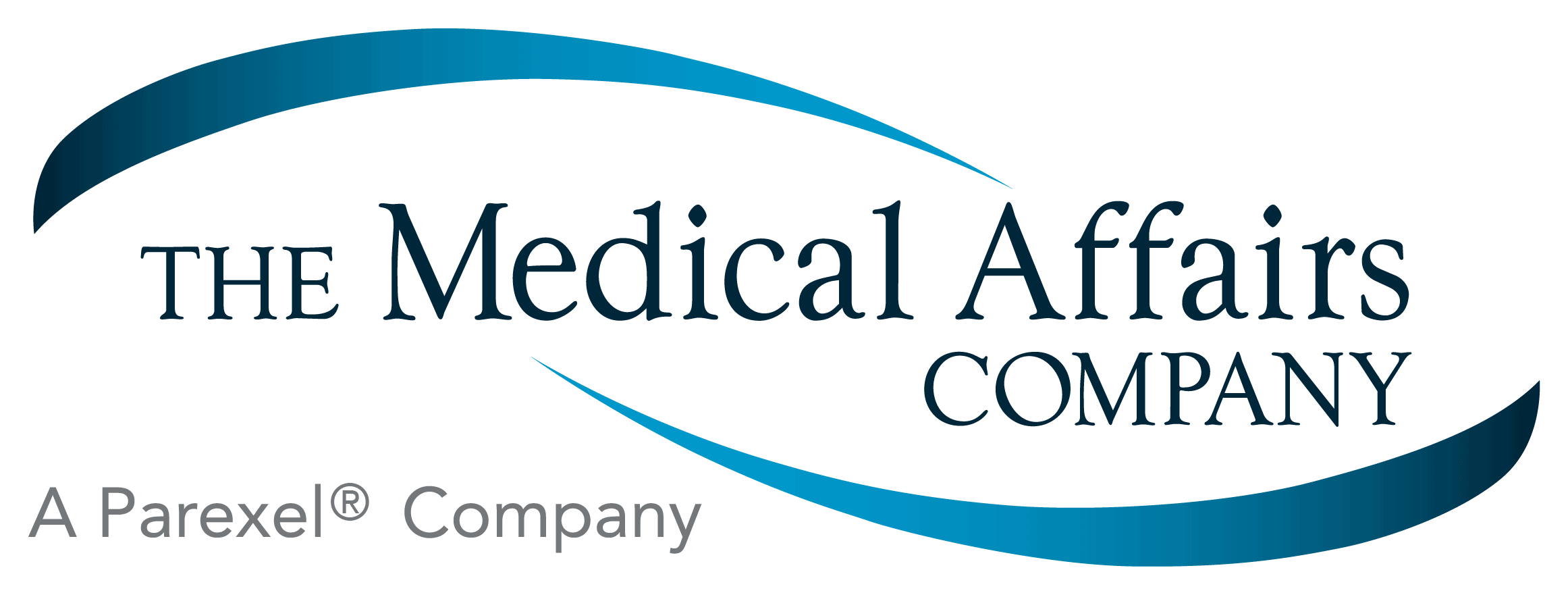Here’s a question: What is the proper thing to do following an interview in regards to thank-you notes? I’m convinced that thank-you follow-up correspondence is critical, but I must say I don’t think it gets you the job. Although this alone won’t get you the job, this alone can certainly cost you the job.
I want to share with you a real story that happened recently. I had a candidate that narrowly beat-out his competition. The winning candidate was being a very tough negotiator, and the company was getting turned off by his demands. I recommended that they offer the job to their runner-up candidate. The response for the hiring manager was, “I would, but I never got a thank-you email from her. I’d never hire someone that doesn’t have professional follow-up skills. How can I trust her to follow up with our customers?”
When you are crafting a Thank-You note, here are a few must-haves:
-Timely — Send the email within 24 hours. If you don’t, it could be perceived that you’re not interested.
-Grammar — Essentially, the management team is evaluating your ability “two” communicate with “there” customers. So much of communication nowadays is written, so demonstrate strong writing skills. If at all possible don’t send it from your phone. Check it twice before pushing send. Common mistakes are the wrong version of two/to/too, there/their/they’re, as outlined above. Beware the grammatical errors that don’t show up on spell check! Another common error committed in thank-you notes is not using full sentences (Will look forward to hearing from you).
-Appearance — Formatting is also a big deal. Remember, you’re not sending a text message. You’re essentially sending a formalized letter but through email. Have a salutation (John,), paragraph breaks, capital letters (believe it or not this is a common problem), and put something at the end before typing your name (Regards, Thanks, etc.).
Although this alone won’t get you the job, this alone can certainly cost you the job.
FAQ:
*When should I send a “handwritten” thank-you note?*
Here’s an idea: use email thank-you notes up until the final interview, and then after the final, send a handwritten note. When you are preparing for the final interview, bring with you the cards you are going to send expressing your thanks. When you’re sitting in the airport on your way home (while you’re in the same city), write the thank-you note and send it from the airport. That way, the company you’re interviewing with will get them in a timely way. If you wait until you get back home, and then wait for the USPS, it might get to them long after they make their decision. Alternatively, have the notes written before the interview and leave them with the company’s receptionist on your way out the door. I’m completely fine with sending email thank-you notes after the final interview as well. In fact, you should probably do both email and handwritten thank-you notes if you reallywant the job.
*If I interview with 8-10 people, should I send them all thank-you notes?*
The best practice would be to target the top 3-4 decision makers for thank-you notes. For instance, send an email to your new manager, their manager, HR, and a peer if applicable. Here are the tricks of doing this well. Definitely, customize each email. You can email each person directly; you don’t need the recruiter to send it along for you unless the recruiter advises otherwise. If you are going to email your new manager’s boss, make sure you say good things about your potential new manager to avoid any feeling that you are going around them. At the end of the thank-you note to your potential new boss, ask him/her to send your regards/thanks to others that were part of the interview panel. My disclaimer is that the above advice is for individual contributor roles. If you are going for a management or C-Level position, thank everyone you interviewed with, even if it’s an army of people.
*What should be in the thank-you note?*
This depends on where you are in the process. The first thank-you note to the hiring manager should include thanking them for their time, the reason the job is a good fit for what you are looking for, how your skillsets meet their needs, and an affirmation of interest (I look forward to meeting you in person). The second thank-you note (after the face-to-face), also thank them for their time investment and show more excitement about joining the team, with a close to meet more team members/get a final interview (I am even more excited about the role than I was before meeting you, and I hope to meet the rest of the team soon.). Remember, your new manager isn’t going to burn up political capital bringing in a bunch of his/her colleagues to interview you if there is even a slight perception you’re not fully interested.
The Takeaways:
The takeaway is the thank-you email is a forum to express your interest and demonstrate your writing ability. Simply put, do it and do it well. With so much talent vying for every position in today’s market, don’t let something as trivial as a thank-you note stand in the way of you getting the position.








